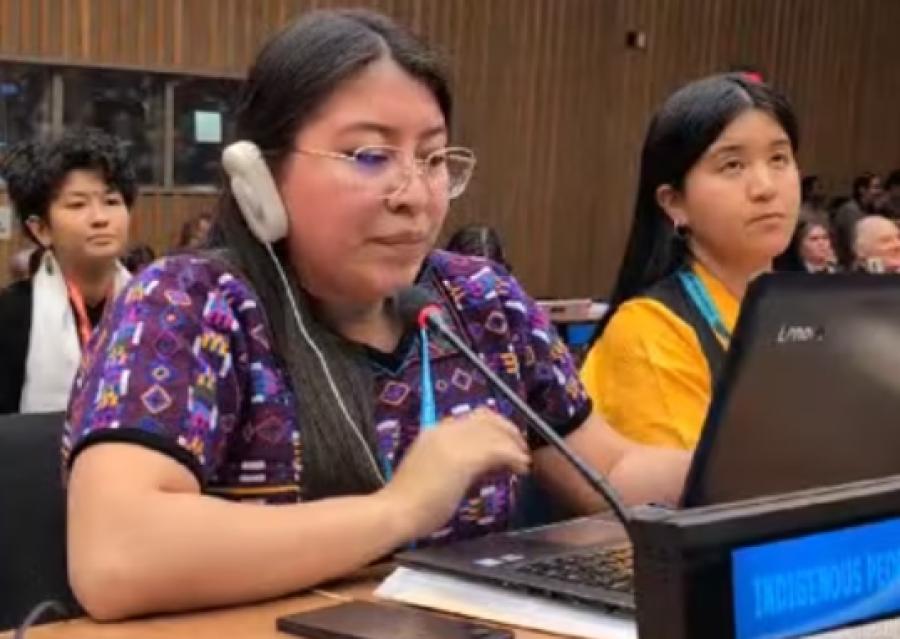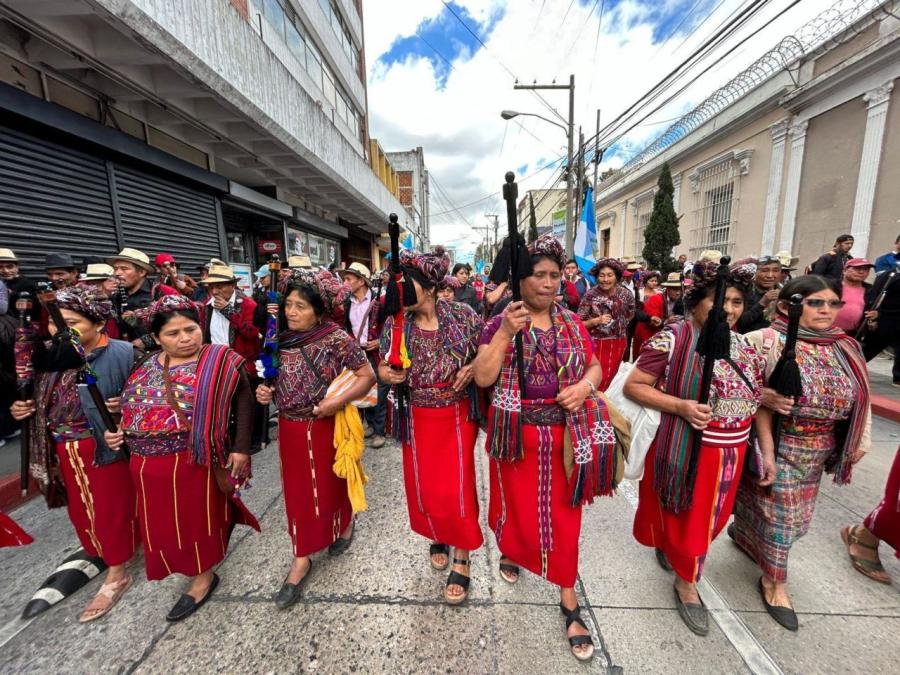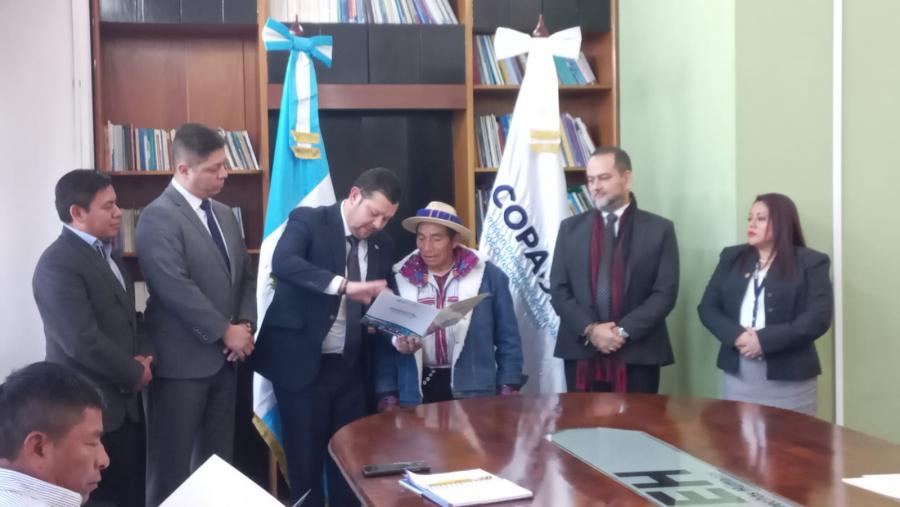In a new initiative of the Guatemala Radio Project, Cultural Survival’s Guatemala based team is building capacity in a select group of community radio stations that have emerged as leaders within the broader movement of local radio stations in Guatemala. These ‘pilot’ radio stations will become hubs for information and training for emerging community radio stations in their geographic and linguistic areas.
Cesar Gomez, Content Production and Training Coordinator for the Community Radio Project, explains, “Within the total 205 stations that we work with, there is a broad spectrum of skills; each station is at different stage of development.” As the radio project has worked on strengthening a network of stations across the country, certain stations have showed real dedication towards becoming the crucial resource of news and information that their community needs. These stations were invited to participate in a new series of training workshops that focus on building capacity to produce their own programs, lead workshops for surrounding stations, and exchange ideas with other successful community radio stations. With high-speed Internet service, all 20 stations will be able to link broadcasts and share news content as it’s happening. Training workshops for the pilot stations began on March 18th, 2011, where Cultural Survival staff and representatives of 18 stations developed an agreement and work plan as a network. At the second workshop, on April 2nd or “12 Batz” in the Mayan calendar, 20 spiritual leaders from the community radio station La X Musical lead a traditional Mayan ceremony, in which they burned offerings to the spirits to bless the new initiative.
This year, Cultural Survival celebrates five years of involvement in the Radio Project. Last month, the six radio project staff members of Cultural Survival met in Antigua, Guatemala, to build a plan for the next phase of the project. “The idea of strengthening a group of pilot stations has been a goal of ours for the past couple of years,” explained Mark Camp, program director for the Radio Project. As production and leadership skills are left more in the hands of the radio operators themselves, rather than a single, central production team, the network’s future becomes more and more sustainable.



